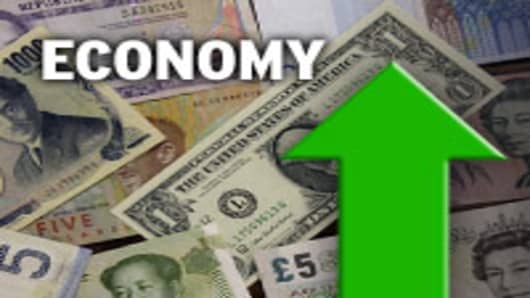The Federal Reserve’s open-ended effort to jumpstart the economy could top $1 trillion, dwarfing the central bank's last bond-buying sprees, a Wall Street economist said Friday.
The Fed’s move to purchase $40 billion per month of mortgage-backed bonds indefinitely has drawn its share of detractors and skeptics. Yet Diane Swonk, Mesirow Financial’s chief economist, told CNBC’s “Squawk Box” that she believes the Fed’s third round of quantitative easing will buttress the economy. (Read more: Dovish Fed Surprises Markets, but Will Stock Rally Last?)
“I think this will end up being a trillion-dollar commitment by the Fed,” Swonk said, adding that the eventual price tag of QE3 could exceed that of the $600 billion expended on QE2 —provided the Fed continues its efforts for at least two years.
“They could even up their game again and do some compensating for [Operation] ‘Twist’ by the end of the year” by coupling QE3 with their existing bond-buying program, Operation Twist.


